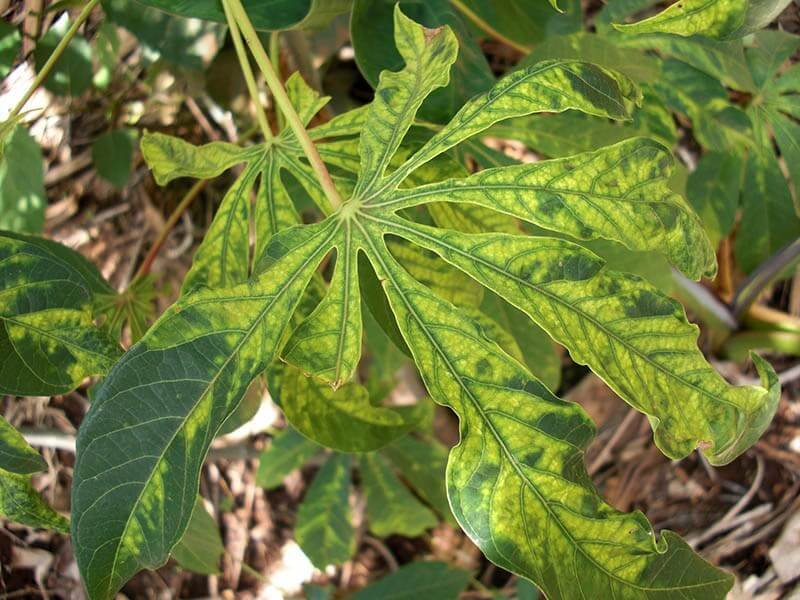Near the end of April, my colleagues and I published an unusual scientific paper — one reporting a failed experiment …. [T]rying to navigate through three other journals and countless revisions before finding it a home at Genome Biology has revealed to me one of the worst aspects of science today: its toxic definitions of ‘success’.
[Editor’s note: Devang Mehta is a synthetic biologist, plant scientist and science-writer.]
Our work started as an attempt to use the much-hyped CRISPR gene-editing tool to make cassava (Manihot esculenta) resistant to an incredibly damaging viral disease, cassava mosaic disease …. However, despite previous reports that CRISPR could provide viral immunity to plants by disrupting viral DNA, our experiments consistently showed the opposite result.
…
Scientists have become so accustomed to celebrating only success that we’ve forgotten that most technological advances stem from failure …. When negative results aren’t published in high-impact journals, other scientists can’t learn from them and end up repeating failed experiments, leading to a waste of public funds and a delay in genuine progress. My study did not solve the scourge of viral disease in cassava, but it did show researchers where not to look for a solution, and that’s important for real progress.
Read full, original article: Highlight negative results to improve science































